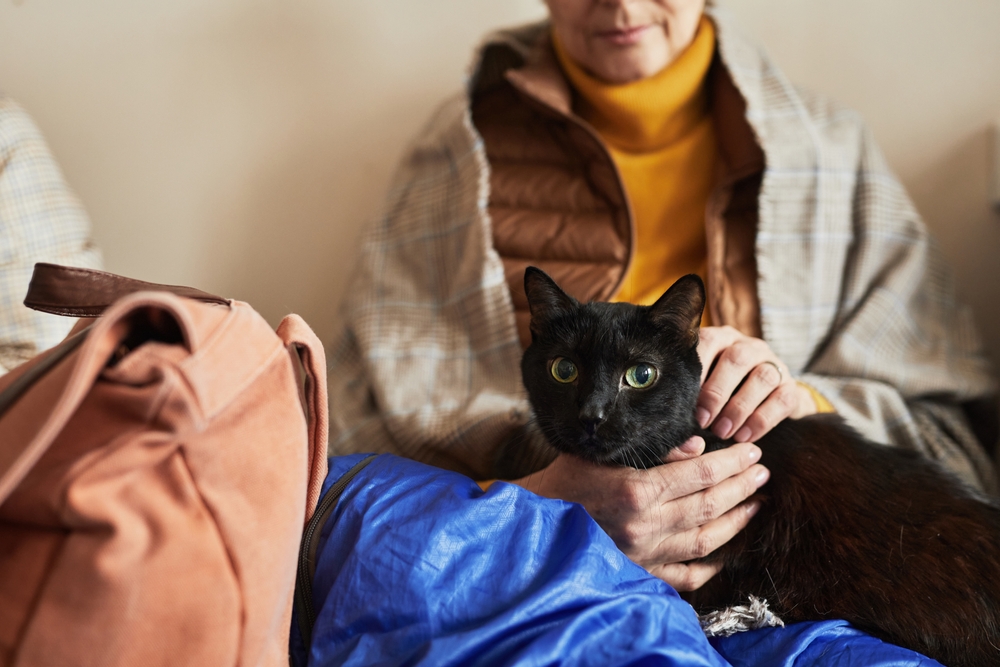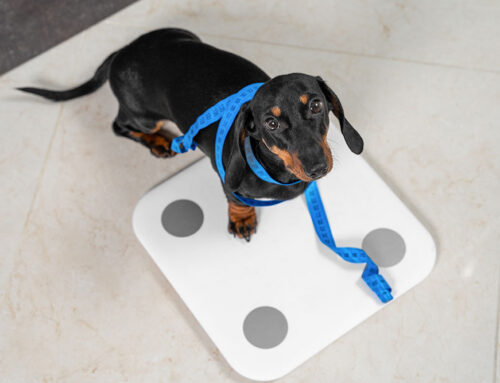Hurricane season is here, and you should ensure your preparedness plan includes your pet, so you can keep them safe if disaster strikes. Prepare for your pet’s safety now, so you will be ready to act quickly when a hurricane is on the horizon. Follow our Driftwood Animal Hospital team’s do’s and don’ts to ensure your pet stays safe and healthy this hurricane season.
DO make your pet’s emergency plan
Long before a hurricane threatens, create a family emergency plan that includes your pet. Decide where you will go if you need to evacuate, how you will communicate with your family if you become separated, and where you can stay long-term if you cannot return home after the storm. Not all evacuation sites allow pets, so look for pet-friendly lodging, or reach out to a friend who can care for your pet if remaining at home is not an option.
Catastrophic weather creates many hazards, and your pet can easily be injured. Make a first aid kit for your pet, and keep it handy in case your pet needs first aid treatment. You can use many items in your own first aid kit to care for your pet’s injuries, including:
- Cotton bandage rolls and gauze pads
- Bandage tape
- Scissors and tweezers
- Antibiotic ointment
- Disposable gloves
- Hydrogen peroxide
- Saline solution
- Ice pack
- Towels
- Styptic powder
- Plastic eye dropper or syringe
- Small flashlight
- Liquid dish soap and antiseptic
- Muzzle
- Emergency veterinary clinic contact information and your evacuation route written on paper
- Your pet’s current medical records
DON’T wait to gather your pet’s supplies
In addition to a first aid kit, pack your pet’s basic supplies to bring with you if you must evacuate. Pack three to five days’ supplies in case you cannot return home until several days after the storm. Your kit should include the following pet essentials:
- Food
- Water
- Medications
- Bowls
- Bedding
- Leash and harness
- Crate and carrier
- Favorite toys and treats
- Potty patch and waste bags for dogs, or litter box and litter for cats
- Cleaning supplies
- Calming aids (e.g., calming vests, catnip, and antianxiety medication)
- Medical records
DO protect your pet from illness
If you have planned to take your pet to a boarding facility in case of a sudden emergency evacuation order, the facility will require a printed copy of your pet’s vaccination and medical status, so keep the record handy. Before hurricane season begins roiling up, schedule your pet’s wellness exam to ensure their vaccinations are up to date, and they will be protected from infectious disease.
DON’T leave your pet home alone
If you must evacuate, never leave your pet home alone—always take them with you. If your home is considered an unsafe place for you to remain during a hurricane, it is unsafe for your pet, too. If you leave your pet behind in a disaster, they can be injured, lost, or killed. In addition, you have no way of knowing when you will be able to return home to provide your pet’s essential needs. If you can ride out the storm at home, bring your pet inside, and keep them on a secure leash or in their carrier in a safe area of your home, and stay together until the storm has passed.
Do ensure your pet has identification
If you and your pet become separated during a hurricane, identification tags and a microchip will help you reunite. Ensure your pet wears a secure collar with your contact information, including your current cell phone number. Keep your pet’s microchip registration information up to date. If your pet is not already microchipped, schedule an appointment with our Driftwood Animal Hospital team. Your pet’s microchip insertion procedure is quick and easy, and provides your pet with permanent identification.
DON’T forget to check your pet and surroundings

Storms leave behind many hazards, and the danger does not immediately dissipate when the storm passes. Once the hurricane has passed, thoroughly examine your pet for any injury or illness signs, such as:
- Wounds
- Limping
- Coughing
- Sneezing
- Nasal discharge
- Vomiting
- Diarrhea
- Energy level or behavioral changes
Keep in mind that minor storms can cause structural damage, and you should inspect your home and yard for hazards such as broken glass before letting your pet run free.
Hurricanes are scary for everyone, and you and your pet can remain safe by having an emergency preparedness plan in place. The best way to prepare your pet for hurricane season is by ensuring they are microchipped, and their preventive care is up to date. Contact our Driftwood Animal Hospital team to schedule an appointment.








Leave A Comment